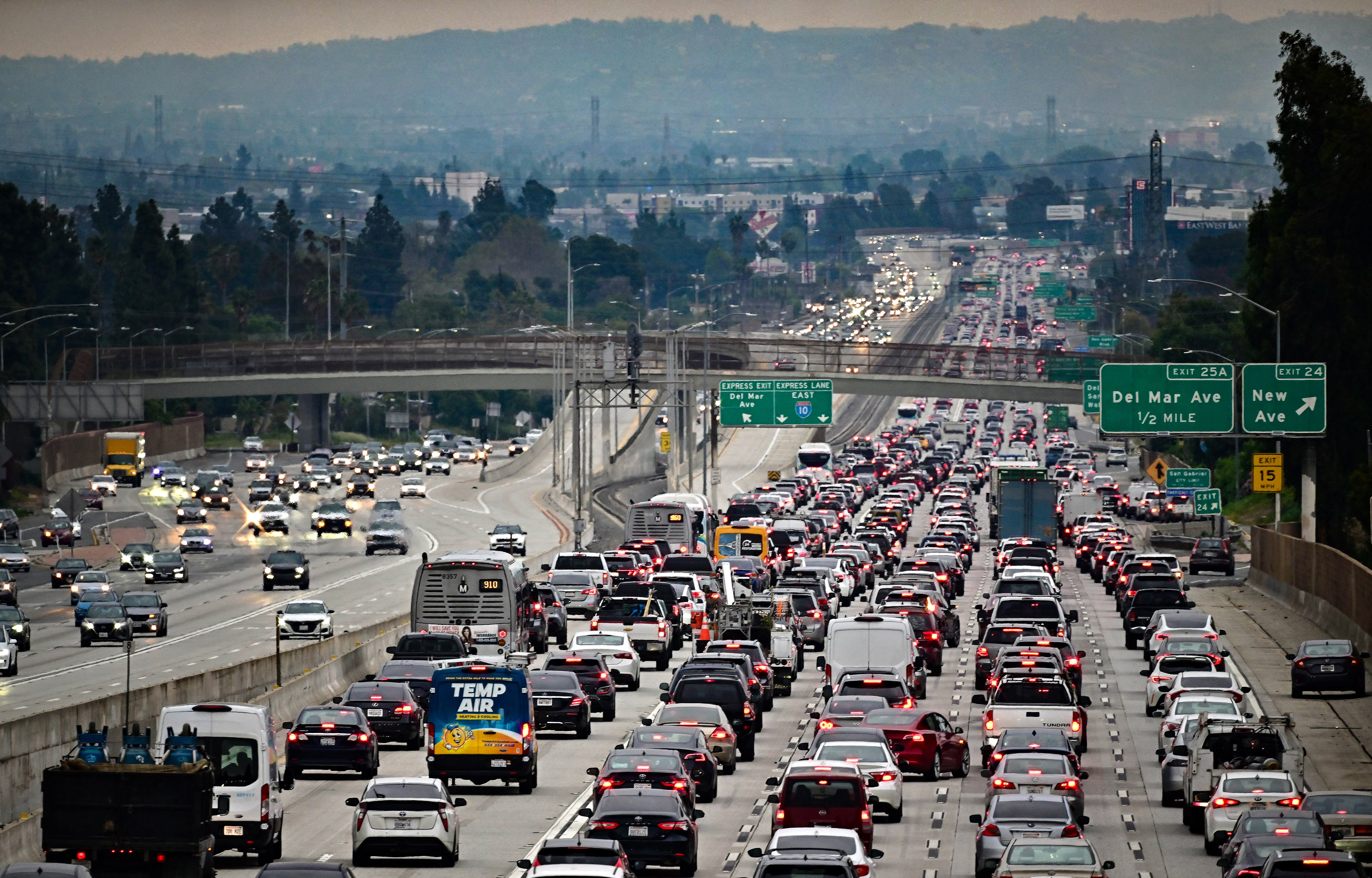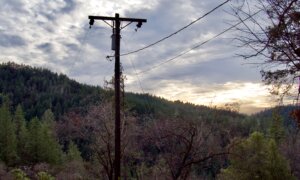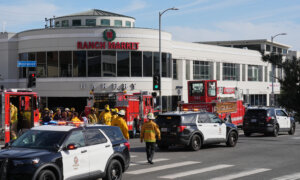With a third of all traffic deaths in California involving speeding drivers, new rules could be just ahead after the Senate passed a bill requiring that new cars beep when their drivers exceed the speed limit by more than 10 miles per hour.
Senate Bill 961, authored by Sen. Scott Wiener, would phase in the rules by 2032. In a press release this month, Mr. Wiener cited a 2023 report from the California Office of Traffic Safety that shows roughly one-third of all deaths due to traffic collisions from 2017 to 2021 were associated with speeding.
“The evidence is clear: Rising levels of dangerous speeding are placing all Californians in danger, and by taking prudent steps to improve safety, we can save lives,” the San Francisco Democrat said May 21, announcing his bill cleared the Senate on a 22-13 vote.
Under SB 961, manufacturers of passenger cars, buses, and trucks by the 2032 model year must equip their new vehicles with warning devices to address speeding. The devices would use audio and visual warnings for drivers exceeding posted speed limits by more than 10 miles per hour.
According to Mr. Wiener’s office, the proposed new rules are in line with the nation’s National Transportation Safety Board, a supporter of the bill, and would require 50 percent of new cars to meet the requirement commencing by the 2029 model year.
The speed limiter technology would use GPS locations and a database of posted speed limits, according to the bill’s text.
Beginning in July, all vehicles in the European Union will similarly be required to have speed limiters installed, which would warn drivers when they have exceeded posted speed limits “through alarms or accelerator resistance,” according to an announcement this year by the senator.
An earlier version of Mr. Wiener’s bill would have required the speed limiters to also adjust drivers’ speed for cars manufactured in California, but that was removed during amendments.
In a recent Senate Floor Analysis of the bill, lawmakers referenced several studies that demonstrated the success of speed limiters.
A 2010 study by the Dutch Ministry of Infrastructure equipped the vehicles of 50 speeding offenders for four months. The study used active speed limiters, which can slow down a vehicle, as well as passive ones like those proposed under SB 961.
Study results showed those restricted by the passive limiters reduced the distances driven above the speed limit from 28 percent to 9 percent, and from 26 percent to 5 percent for cars with active speed limiters. Once the limiters were removed, the drivers’ speeding habits returned, lawmakers wrote in the May 14 Senate analysis.
Lawmakers noted that the new rules would apply only to California, which could be costly for automakers who may opt to implement the technology in all new cars sold in the United States.
It wouldn’t be the first time California has been used as a trendsetter.
“In effect, the author is attempting to leverage the purchasing power of the state to create a new standard for nationwide industry; something the state has done several times before on subjects like regulating toxic compounds in products or establishing minimum living conditions for animals used to produce food products,” lawmakers wrote in the same analysis of the bill.
Those in support of the bill include several organizations promoting safety for bicyclists and safe streets, as well as the Automobile Club of Southern California, AAA of Northern California, Nevada, and Utah, and the National Transportation Safety Board, among others.
Those opposed include the California Chamber of Commerce, several associations representing automakers, the Peace Officers Research Association of California, and the County of Shasta, among others.














